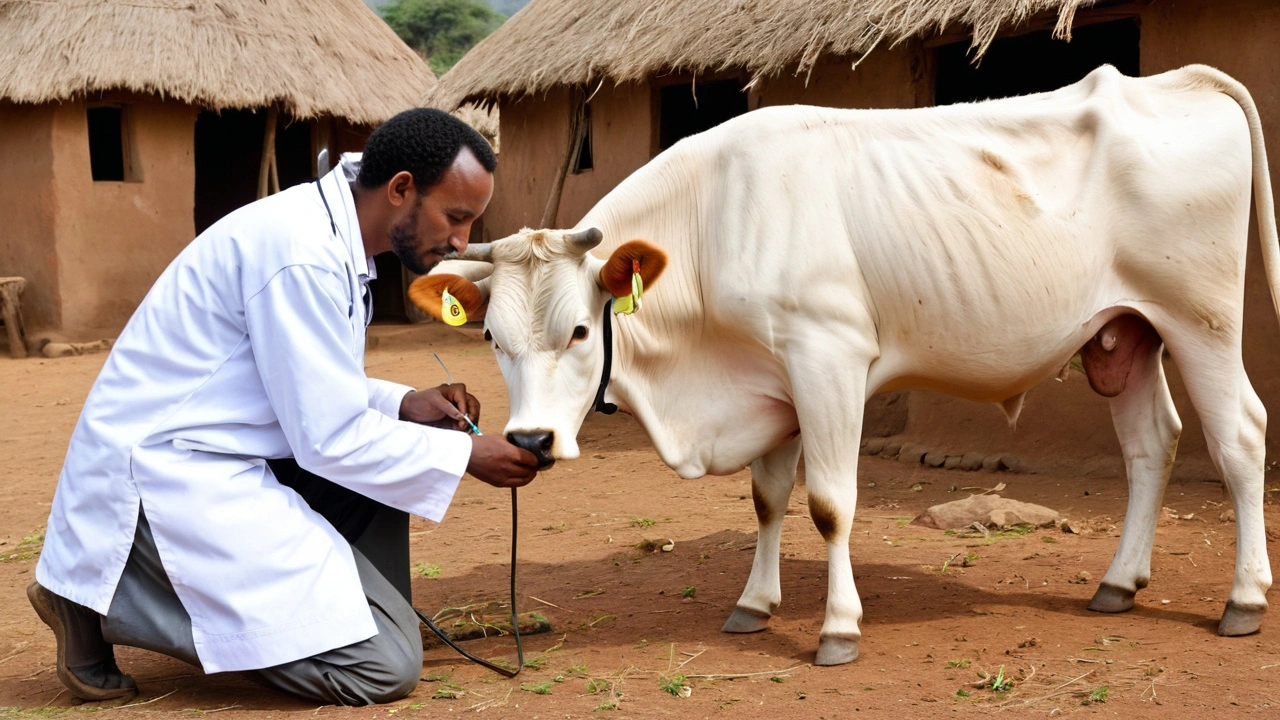Vet Income in Ethiopia: What You Need to Know
If you want the real scoop on vet income in Ethiopia, you’re not alone. People often ask: How much do vets actually make? Is it a good career move in Ethiopia? Let’s break things down in a simple way so you can make sense of the numbers—and spot the opportunities.
First off, vet salaries in Ethiopia can vary a lot. If you’re just starting out or working in the public sector, you’ll probably earn less than private vets or those who run their own practices. Most new veterinary graduates working for government or NGOs can expect entry-level salaries anywhere from 4,000 to 8,000 Ethiopian Birr per month. That’s not a fortune, but it’s on par with many other professional jobs in the country.
Now, if you gain experience, the numbers look better. Private clinics and those focusing on livestock or commercial farms can pay upwards of 10,000 Birr and sometimes more. In rural areas, some vets do extra work—like consulting for local farmers or selling animal medicine as a side gig. Some even double their income by combining jobs or running a small shop on the side. If you’re business-minded, vet work in Ethiopia can actually open doors to multiple streams of income.
The location matters big time. Vets in Addis Ababa or other big cities see more clients and have access to bigger facilities, and might earn more. But thousands of villages across the country need basic animal care, too, so sometimes rural vets are in huge demand—especially during disease outbreaks. Pay can jump when working on national campaigns or for foreign-backed projects, so watch for these opportunities if you want to earn more.
Education boosts your value. Vets with extra training—like animal surgery, large livestock medicine, or even animal nutrition—find higher-paying roles, sometimes with international NGOs or export companies. Ethiopia is still developing its animal health system, which means skilled professionals have room to grow.
Wondering about what else drives vet income? Demand for animal products in Ethiopia keeps rising. The country’s economy leans heavily on livestock, so there’s a steady need for vets—especially those who can work with cows, goats, sheep, and poultry. Private farm owners with larger operations usually pay higher salaries than small clinics, and sometimes hire vets as full-time consultants or managers.
If you’re thinking about the bigger picture, successful Ethiopian vets often combine practical experience with business smarts. Some open their own local clinics, some manage livestock export projects, and a few even move into agri-business. More Ethiopians are investing in commercial farms, so if you want to aim high, build real-world skills and consider partnerships—there’s definitely money to be made.
In a nutshell: vet salaries in Ethiopia aren’t huge at first, but with hustle, a flexible approach, and the right connections, you can boost your income pretty quickly. If you’re passionate about animal health and ready to seize every opportunity, you’ll find ways to make vet work rewarding—financially and professionally—in Ethiopia’s growing market.





